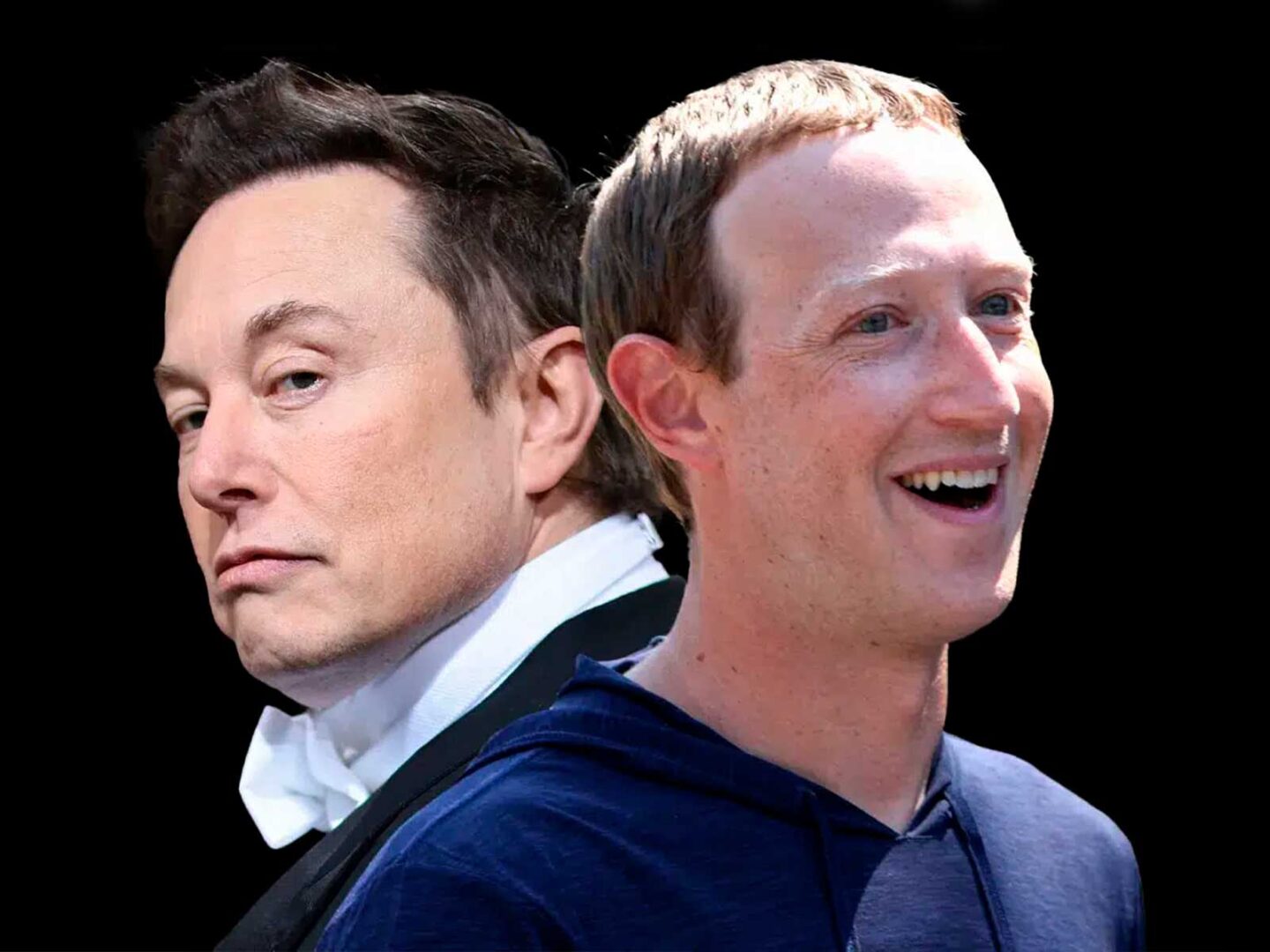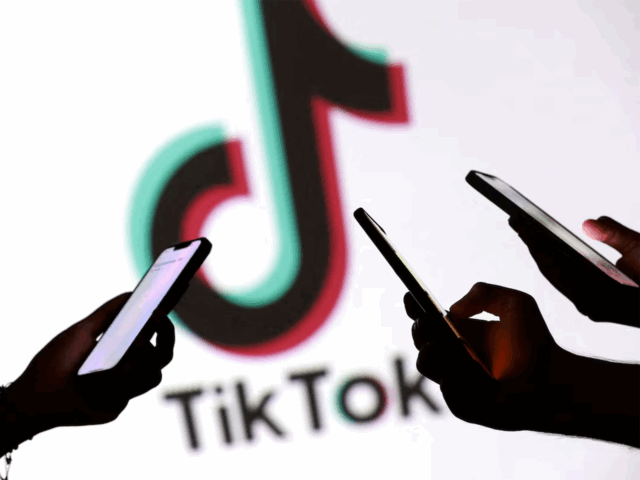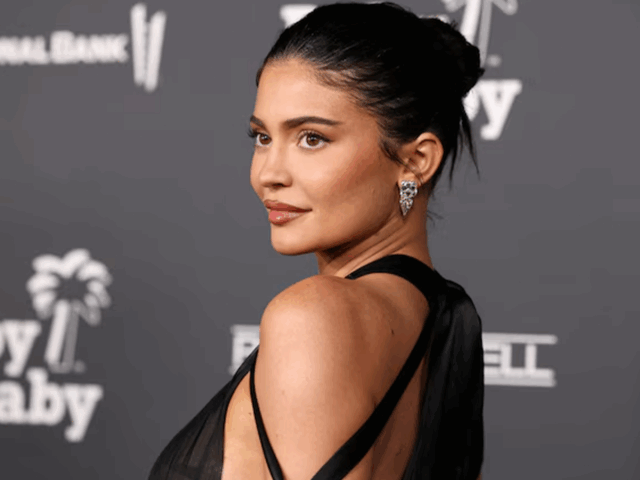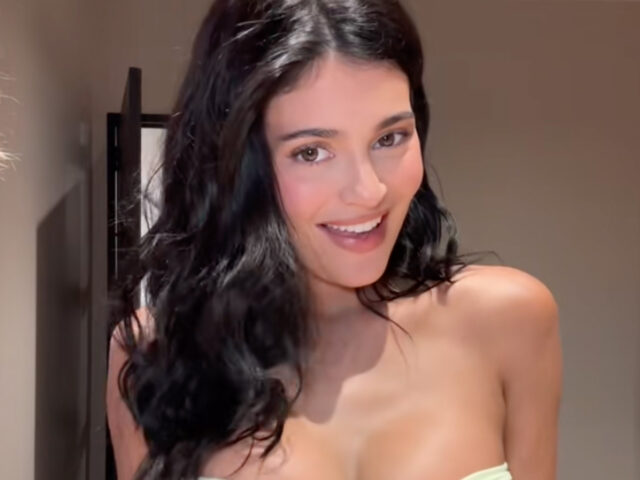Last Monday, Donald Trump signed an executive order that supposedly aims to protect US users’ freedom of expression on social media. The move, however, has quickly been called into question by detractors, who warn that it could actually facilitate the spread of misinformation on platforms such as Instagram, TikTok and X.
Meanwhile, Trump’s team defends the action as a necessary move to curb what they see as an abuse of power by social networks, accused of acting against the political interests of certain groups. This accusation resonates, ironically, with Mark Zuckerberg’s recent criticism of the Biden administration for alleged pressure to censor content.
But the reality reflected on social media during the first days of Trump’s second term in office is far from the promised digital utopia. On Instagram and TikTok, users across the country have pointed to what they perceive as selective censorship around political issues, with certain hashtags and terms blocked or flagged with disinformation warnings that appear to interfere with current events.
Instagram: Freedom of expression or ideological filter?
On Instagram, for example, when searching for hashtags such as #Democrat or #Democrats, all that appears is a ‘sensitive content’ warning, accompanied by the message: ‘We have hidden these results’. In contrast, #Republican returns millions of posts without any restrictions. Meta has acknowledged the problem, but insists that the error is not partisan in nature. ‘It’s a general problem affecting search for various hashtags on Instagram, not just left-wing,’ Meta spokesperson Andy Stone told Threads. ‘We’re working on it.’ Nonetheless, the implications of such a glitch are clear.
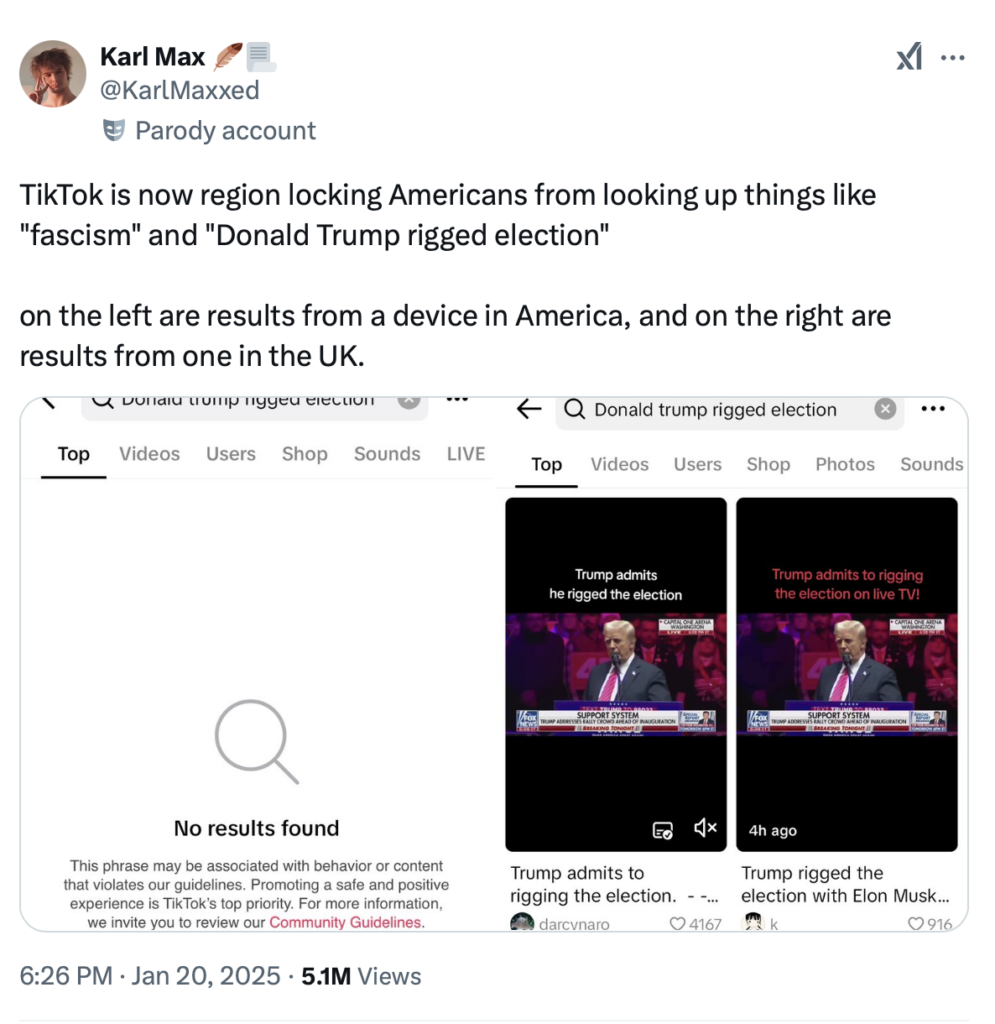
TikTok and the politics of hidden censorship
Complaints have also emerged on TikTok about the suppression of sensitive election-related terms such as ‘fascism’, ‘Hitler’ or ‘election rigged by Donald Trump’. Several users claim that these restrictions are too strong in the US, fuelling the narrative of possible manipulation of content in favour of the Trump administration. In addition, some have complained about warnings of misinformation in posts related to Palestine or the fires in Los Angeles, interpreting this as yet another instance of ‘selective censorship’ or even ‘propaganda’.
Such complaints are further intensified in a context where figures such as Zuckerberg and Elon Musk have moved closer to the Republican party, reinforcing theories about political control of the platforms. Indeed, in January, Meta announced changes to its fact-checking policy that many interpreted as an attempt to align itself with the new administration’s stance on ‘free speech’ on social media. Trump, for his part, also delayed a ban on TikTok during his first days in office.
It’s true that TikTok, along with other social networks, implements warnings about content related to highly controversial events as part of its disinformation policy, which is not new. Most platforms automatically censor terms such as ‘Hitler’ or ‘fascist’ for obvious preventative reasons. However, while current censorship could be interpreted as a consequence of supposed right-wing control, it is not always that simple.
The blurred line between censorship and accountability
Regardless of whether the censorship is intentional or not, what is indisputable is that any action that limits freedom of information could damage public trust in social networks. Even more so when it appears to follow a pattern of political bias. ‘In such a polarised political climate, even unintentional mistakes become accusations of bias,’ says Matt Navarra, a social media expert, in an interview for the BBC. ‘If these problems are not fixed soon, they could fuel conspiracy theories and affect Meta’s reputation.
What is clear is that social media, more than ever, seems to be the new battleground in which a war is being waged over truth, free speech and, perhaps most importantly, control over what kind of information is distributed. And with Trump’s second term just beginning, this conflict only promises to intensify.
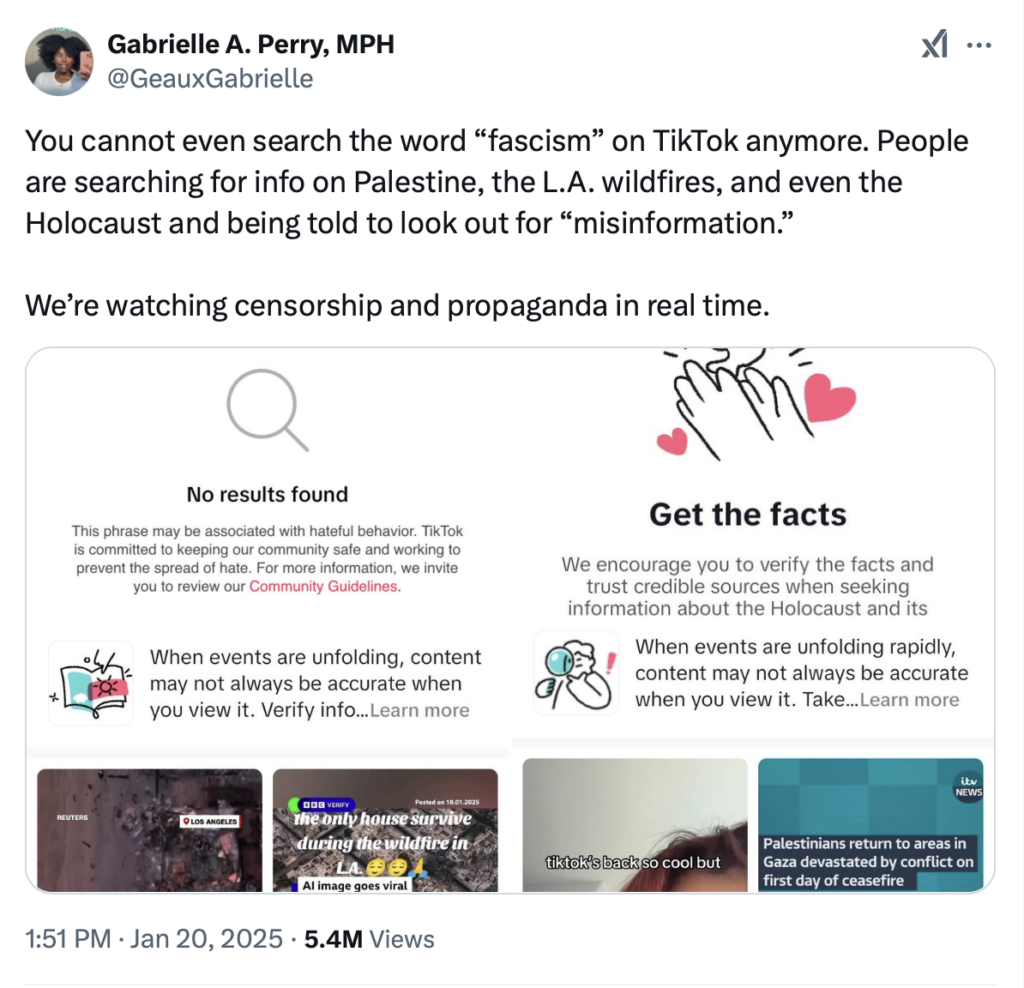
Sigue toda la información de HIGHXTAR desde Facebook, Twitter o Instagram
You may also like...
